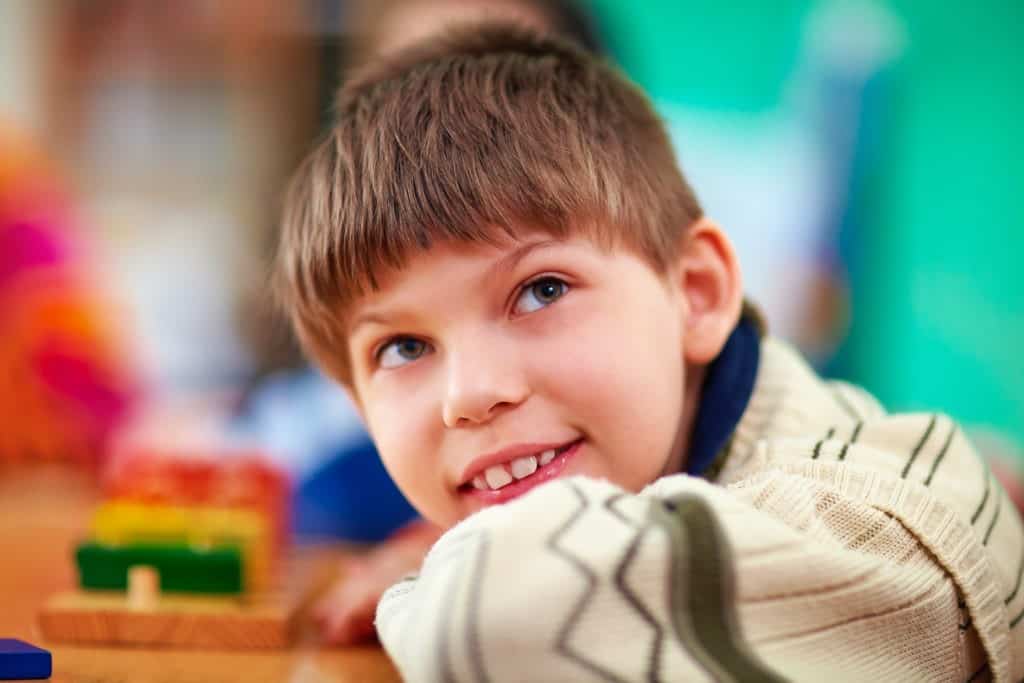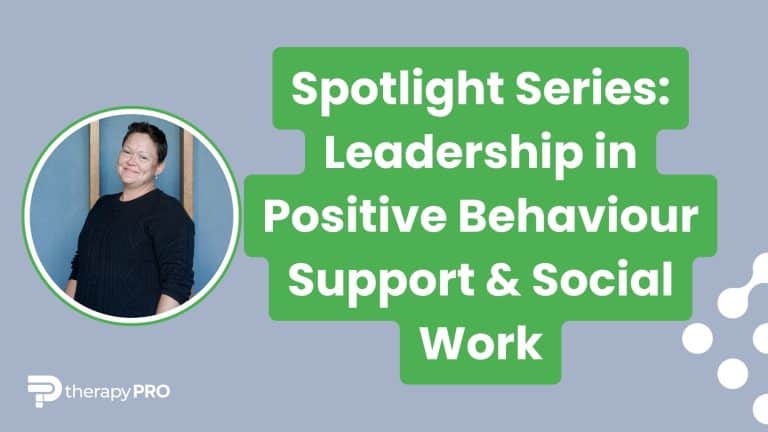Back to school tips: For your child and the whole family
In this article we’re continuing our ‘back to school tips’ with Part 2 to help reduce anxiety particularly aimed at supporting young children.
Being at school, starting school, changing schools, or returning to school can come with a range of differing emotions.
Children can feel excited, overwhelmed, anxious, unsure and relieved, all at the same time. Parents can feel exactly the same.
You can also read our first part in the series here.
Here are the details of our 6 back to school tips:
#1: Be prepared
Kids can get excited and easily distracted. They might forget to eat all their lunch or go to the toilet. Try having an afterschool snack ready to eat in the car on the way home to avoid a ‘hangry’ child. Include a spare set of clothes in their school bag that your child can change into if an accident happens. Show them where you have placed this, so they can grab it independently.
#2: Set aside some chill time
Children put a huge amount of effort into concentrating, socialising and working at school. Be prepared for your child to need time to unwind. Manage your expectations about what they need at home and be prepared for low communication, low energy, and meltdowns. Give them space, especially at the start and end of the term, to come home and simply chill.
Certain children will benefit from regulation activities. Your therapist can help you with self-calming and regulation exercises that children can do to help manage their emotions during the day at school and after they get home. Try and have some chill time for yourself too. Go for a walk, run, drink with friends, or read a book, it doesn’t matter but the more relaxed you are, the better you’ll be able to support your child.
#3: Get into a routine
Some children may start the year well but over the first few weeks tire and become resistant to going to school. On the weekends, get into a routine of waking up at the time you need to for school and practice the morning routine of getting ready. If possible, drive past the school over the weekend and talk about all the fun things they will do next week when they go back to school.
#4: Set expectations around the teacher
Manage you and your family’s expectations of the teacher. Teachers have 25 children and all their parents and carers to get to know. Don’t expect the teacher to spend much time with you in the first few weeks. To reduce your anxiety, find out from your school what their communication preference is, maybe you can schedule a regular catch up with the teacher to monitor your child’s progress, some schools use a communication book. No school wants any child to have a bad experience, so keep your communication respectful and realistic, be on the front foot and let the school know what you’d like and what might work for you as a family.
#5: Consider therapy at school
Some of our Therapy Pro children, receive therapy at school. Get in touch with the school early on to understand what their preference is on having therapists around. For example, if you have an OT working on pencil grip, what is the best way for you and the school to work on this together. If you’re not sure, chat to your therapist, as part of the team around your child, we can help you with this.
#6: Focus on reading
Our speech therapists often get asked how to develop communication in young and older children and one of the best things that can develop speech, is to read. Reading and exposure to text build communication and literacy skills. Read something for fun or as an activity together. Ask questions about the text to build comprehension. Older children can try reading recipes or magazines for something different. Let younger children imitate the way you hold the book and turn the pages. Reading can help you wind down but getting a tired child to read is not fun for you or them, so choose a time when they have more energy like in the morning after breakfast.
Visit our Therapy Pro for Kids page for more information about how we can help you and your child.




